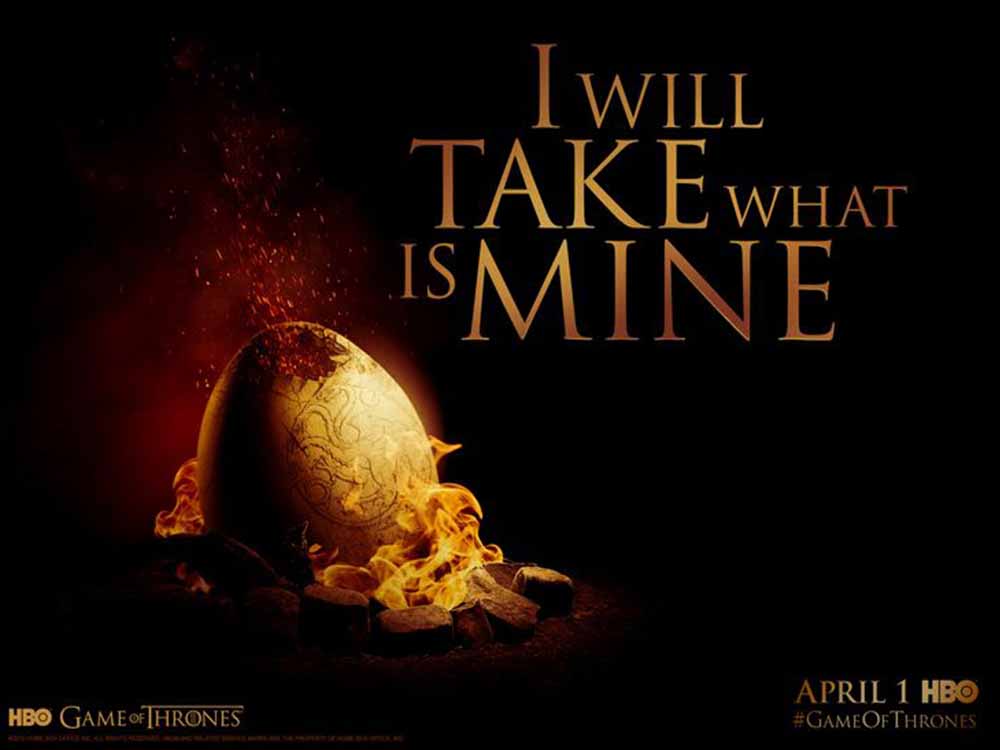“Game of Thrones” (2012) – The Epic Fantasy Series that Defined a Decade
In 2012, “Game of Thrones” was at the zenith of its power, captivating viewers with its intricate plot, unforgettable characters, and sprawling world-building. This comprehensive overview delves into the 2012 season of “Game of Thrones,” its key story arcs, the evolution of central characters, and the series’ impact on television and popular culture.
The Expansive World of Westeros and Essos
“Game of Thrones” transported viewers to the richly detailed and dangerous realms of Westeros and Essos. The 2012 season further developed these lands and introduced new locations, including Qarth, Harrenhal, and Dragonstone. As the show expanded its scope, the intricate politics, rivalries, and mythical elements of the world became increasingly entwined.
The essence of “Game of Thrones” lay in its ability to make the fictional continents of Westeros and Essos feel like living, breathing worlds. Each location had its own unique culture, history, and political landscape, adding depth and complexity to the story.
Key Story Arcs and Power Struggles
The 2012 season of “Game of Thrones” continued to unravel the intricate web of power struggles and character dynamics that defined the series. Several key story arcs captivated audiences:
- War of the Five Kings: The War of the Five Kings intensified, with multiple contenders vying for the Iron Throne. Renly Baratheon, Robb Stark, Balon Greyjoy, and Stannis Baratheon challenged King Joffrey’s rule, plunging the Seven Kingdoms into chaos.
- Daenerys Targaryen’s Journey: Daenerys Targaryen’s character arc evolved as she embarked on a perilous journey across the Red Waste, experienced the House of the Undying, and acquired the Unsullied army, solidifying her status as a formidable contender for the Iron Throne.
- Jon Snow Beyond the Wall: Jon Snow’s adventures beyond the Wall led to his deepening understanding of the White Walkers and the dangers they posed to Westeros.
- Tyrion Lannister’s Rise: Tyrion Lannister continued his political maneuvering in King’s Landing, acting as Hand of the King and facing off against the treacherous Cersei and manipulative Tywin.
These interconnected storylines brought both tension and intrigue, as characters navigated the perilous path to power.
The Evolution of Complex Characters
“Game of Thrones” was renowned for its nuanced and multi-dimensional characters, and the 2012 season saw significant character growth and transformation:
- Tyrion Lannister (Peter Dinklage): Tyrion continued to be a fan-favorite, displaying his wit, intelligence, and resourcefulness in the face of adversity.
- Arya Stark (Maisie Williams): Arya’s journey took her to Harrenhal and eventually into the company of the enigmatic Jaqen H’ghar.
- Sansa Stark (Sophie Turner): Sansa’s character development continued as she navigated the treacherous world of King’s Landing.
- Theon Greyjoy (Alfie Allen): Theon’s inner conflict and betrayal of the Starks marked a significant turning point in his character arc.
- Daenerys Targaryen (Emilia Clarke): Daenerys’ transformation from a vulnerable exiled princess to a fierce leader gathered momentum.
These character arcs added layers of depth to the series, making the characters feel more human and relatable.
The Cultural Impact of “Game of Thrones”
“Game of Thrones” had a profound and enduring impact on television and popular culture:
- Redefined Fantasy on TV: The show broke new ground in the fantasy genre, attracting a broader audience to the world of dragons, White Walkers, and political intrigue.
- Complex Characters: “Game of Thrones” elevated the portrayal of complex characters and showcased the gray areas of morality and power.
- Massive Worldwide Fanbase: The series cultivated a massive global fanbase that eagerly engaged in discussions, theories, and fan events.
- Award-Winning Success: “Game of Thrones” earned numerous awards, including multiple Emmy wins, solidifying its place in television history.
In conclusion, “Game of Thrones” in 2012 was a tour de force in television storytelling, immersing audiences in a world of power struggles, complex characters, and fantastical elements. Its intricate plot, character evolution, and far-reaching cultural influence made it an iconic series that left an indelible mark on the television landscape.











